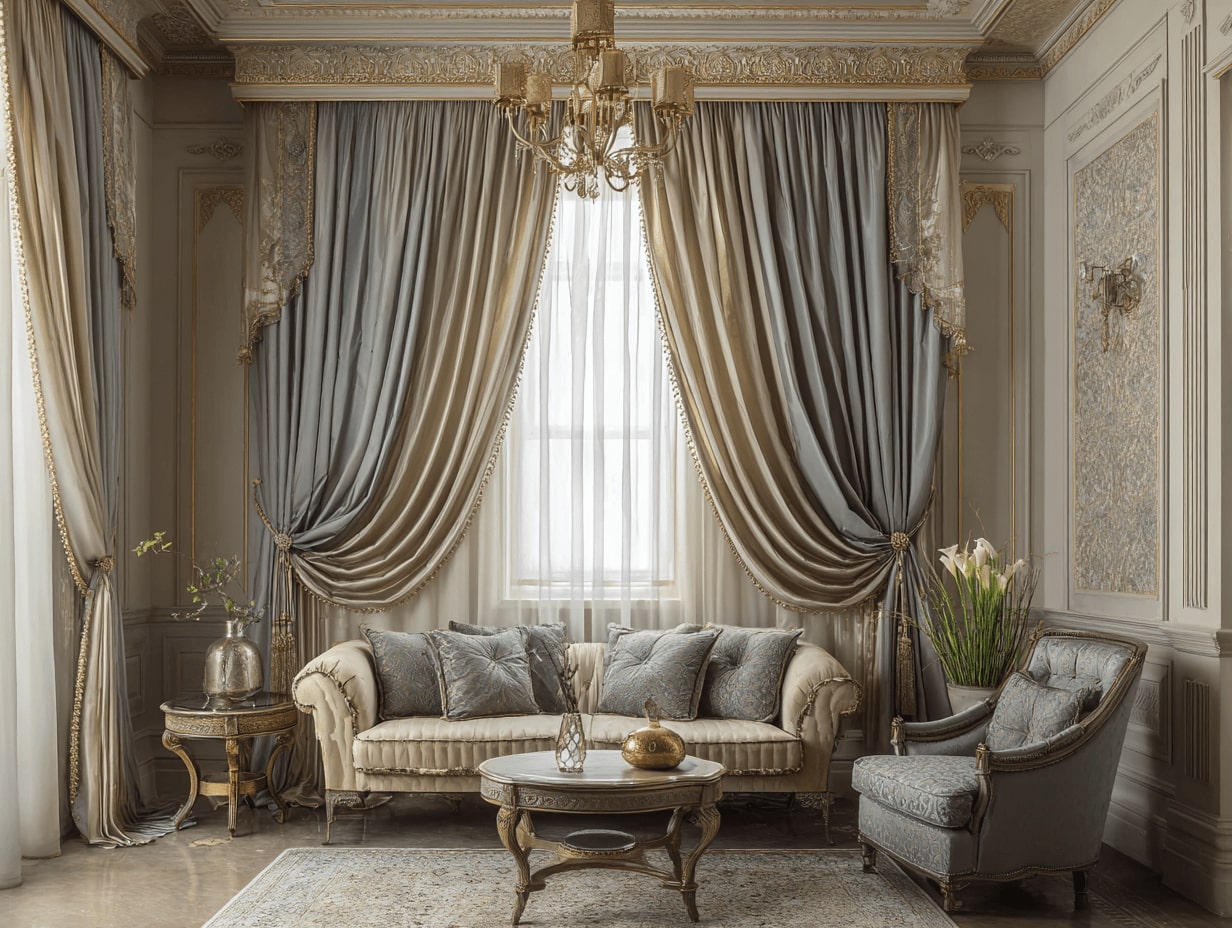- Home
- Articles
- Architectural Portfolio
- Architectral Presentation
- Inspirational Stories
- Architecture News
- Visualization
- BIM Industry
- Facade Design
- Parametric Design
- Career
- Landscape Architecture
- Construction
- Artificial Intelligence
- Sketching
- Design Softwares
- Diagrams
- Writing
- Architectural Tips
- Sustainability
- Courses
- Concept
- Technology
- History & Heritage
- Future of Architecture
- Guides & How-To
- Art & Culture
- Projects
- Interior Design
- Competitions
- Jobs
- Store
- Tools
- More
- Home
- Articles
- Architectural Portfolio
- Architectral Presentation
- Inspirational Stories
- Architecture News
- Visualization
- BIM Industry
- Facade Design
- Parametric Design
- Career
- Landscape Architecture
- Construction
- Artificial Intelligence
- Sketching
- Design Softwares
- Diagrams
- Writing
- Architectural Tips
- Sustainability
- Courses
- Concept
- Technology
- History & Heritage
- Future of Architecture
- Guides & How-To
- Art & Culture
- Projects
- Interior Design
- Competitions
- Jobs
- Store
- Tools
- More
How to Pick the Best Curtains for Your Living Room: A Complete Guide to Style and Function
Discover how to pick the best curtains for your living room with our expert guide. Learn how to balance style and function by choosing the right fabric, color, length, and hardware. From enhancing décor to controlling light and improving energy efficiency, these tips will help you create a cohesive, inviting, and stylish space tailored to your needs.

Table of Contents Show
Choosing the perfect curtains for our living room can completely transform the space. They’re not just functional; they set the tone, enhance the décor, and even impact how light flows through the room. With so many options out there, finding the right ones might feel overwhelming, but it doesn’t have to be.
From selecting the ideal fabric to deciding on the right length and color, every detail matters. Whether we’re going for a cozy, modern, or elegant vibe, the right curtains can tie the whole look together. Let’s explore how to make the best choices for a living room that feels both stylish and inviting.
Consider Your Living Room’s Style
Curtains play a critical role in enhancing the living room’s overall style. Aligning their design with the space’s theme ensures cohesive and attractive décor.

Match With The Room’s Theme
We align curtain choices with the established theme for visual harmony. For a modern living room, select minimalist curtains without excessive detailing. In a traditional space, opt for heavy fabrics like velvet or brocade. Coastal themes pair well with lightweight linens, while boho spaces benefit from textured or patterned designs.
Choose Appropriate Colors And Patterns
We select curtain colors and patterns that complement the furniture and wall tones. Neutral tones like beige or gray blend seamlessly in diverse settings, while bold hues like navy or emerald create striking accents. Patterns such as geometric shapes fit modern interiors, whereas floral motifs emphasize classic or vintage styles. Solid-colored curtains ensure balance in spaces with busy décor.
Evaluate Curtain Functions
Identifying the functions curtains should serve in your living room helps narrow down the options. Beyond aesthetics, curtains impact light control, privacy, insulation, and noise level.

Light Control And Privacy
Selecting curtains based on light control ensures the room’s ambiance aligns with its purpose. Sheer curtains, for example, allow natural light without compromising brightness but offer minimal privacy. Blackout curtains block sunlight entirely, making them ideal for a media-focused living room. Thick drapes offer balance, filtering light while enhancing privacy during the day and night.
Insulation And Energy Efficiency
Curtains improve insulation and energy efficiency by reducing heat transfer. Thermal or insulated curtains keep rooms warmer during winter and cooler in summer, lowering energy consumption. Heavier materials like velvet or lined fabrics help stabilize indoor temperatures, especially in draft-prone spaces. Light-colored, thermal-backed curtains reflect sunlight, offering energy savings in warmer climates.
Noise Reduction
Curtains help dampen external noises, creating a tranquil space. Thick or multi-layered designs like soundproof curtains absorb sound waves effectively, making them suitable for homes near busy streets. Dense materials such as suede or heavy polyester contribute to noise reduction by limiting reverberation, helping to maintain a peaceful living room atmosphere.
Choose The Right Materials
Selecting the right material is essential for combining function and aesthetic appeal in your living room curtains. The material affects the overall look, light filtration, and upkeep requirements.

Popular Fabric Options
Certain fabrics work well depending on the room’s vibe and needs. Cotton offers a versatile, lightweight option that suits casual and modern interiors. Linen enhances an airy, relaxed look, ideal for coastal or boho designs. Velvet adds elegance and provides excellent light blockage, making it perfect for traditional or formal spaces. Sheer fabrics like voile or chiffon softly diffuse light and complement minimalist themes. Silk creates a luxurious touch but requires proper care to maintain its finish.
Durability And Maintenance Considerations
Durability and ease of care determine the long-term value of curtain materials. Cotton and polyester are sturdy yet easy to clean, suitable for high-traffic living rooms. Linen is durable but prone to wrinkling, benefiting from careful handling. Velvet resists wear but often requires dry cleaning to maintain richness. Sheer fabrics are delicate and require low-stress cleaning methods. Synthetic blends offer durability, fade resistance, and simple upkeep for everyday use.
Incorporating the right materials ensures your living room curtains balance beauty and practicality.
Determine The Appropriate Length And Size
Selecting curtains of the correct length and size ensures the living room looks polished and balanced. Precise measurements and style choices help maintain visual harmony and functionality.

Full-Length Vs. Short Curtains
Full-length curtains create a dramatic and sophisticated look. They work well in spaces with high ceilings or where floor-to-ceiling coverage amplifies the room’s elegance. If the goal is to make the room appear larger, curtains that just graze the floor achieve this effect.
Short curtains suit informal or casual living rooms. They often end at or just below windowsills, which is ideal for spaces with furniture like sofas or radiators positioned directly under the windows. These are also practical where floor-length options might obstruct daily activities.
Measuring For Perfect Fit
Exact measurements avoid gaps and awkward overlaps. Start by measuring the window width, then add 4-8 inches per side for an appropriate curtain rod extension. This ensures full window coverage when curtains are closed.
For length, measure from the top of the window frame (or curtain rod) to the desired endpoint. For floor-length curtains, account for slight clearance to avoid dragging. If aiming for a puddled look, add 2-4 inches to the length. For short curtains, measure down to just below the windowsill. Always use a steel tape measure for accuracy.
Decide On Hardware And Accessories
Choosing the right hardware and accessories enhances both the functionality and style of living room curtains. Hardware selection can impact the overall look while accessories provide practical and decorative value.

Rods, Tiebacks, And Finials
Selecting curtain rods that match the room’s style creates a cohesive look. Metal rods with sleek finishes like chrome, nickel, or black suit modern or industrial themes, while wood rods with natural stains complement rustic or traditional décor. Adjustable rods accommodate varying window sizes, ensuring versatility.
Incorporating tiebacks offers an elegant way to adjust light and create structure. Rope tiebacks work well in coastal settings, fabric tiebacks integrate seamlessly with curtains, and ornate tiebacks featuring beads or tassels enhance sophisticated spaces.
Adding finials to curtain rods serves as a decorative accent. Finial designs range from classic ball tips to intricate sculptural shapes, matching diverse living room aesthetics. Choose understated finials for minimalist designs and bold ones for dramatic appeal.
Installation Tips
Installing hardware at the proper height and position ensures effectiveness. Mount curtain rods 4-6 inches above the window frame for a taller appearance, and extend rods 6-12 inches beyond the sides of windows to create an illusion of larger windows.
Securing brackets with wall anchors prevents sagging, especially for heavy curtains. For tiebacks, measure one-third of the way down from the top of the window and ensure equal placement on both sides for balance.

Conclusion
Selecting the perfect curtains for a living room involves balancing style, functionality, and practicality. By considering fabric, color, length, and hardware, we can create a cohesive and inviting space. Matching curtain designs to the room’s theme enhances visual harmony, while functional choices like blackout or thermal curtains address specific needs for light control or energy efficiency.
Paying attention to material durability and maintenance ensures long-lasting appeal. Measuring accurately and choosing the right hardware complete the process, contributing to a polished look. Optimal curtain selection transforms the living room into a comfortable, stylish environment suited to our preferences.
- best curtains for living room
- choosing the right curtains
- curtain color for living room
- curtain styles for living room
- curtains for large living room windows
- functional curtains for living room
- how to choose living room curtains
- how to match living room curtains
- living room curtain design
- living room curtain fabric
- living room curtain guide
- living room curtain ideas
- living room curtain size guide
- living room curtain tips
- living room curtain trends
- living room drapery solutions
- living room window treatments
- luxury living room curtains
- modern living room curtains
- picking curtains for living room
- stylish living room curtains
Submit your architectural projects
Follow these steps for submission your project. Submission FormLatest Posts
The Ultimate Guide to Modern Living Room Furniture: How to Choose, Arrange, and Style Your Space
From choosing the right sofa to mastering furniture layout in small and...
2026 Modern Furniture Trends Interior Designers Are Obsessed With
Explore the defining furniture trends of 2026—from sculptural silhouettes and artisan craftsmanship...
Small Space Furniture Ideas: Modern Design That Works in 2026
Modern furniture for small spaces goes beyond saving square footage—it operates as...
Interior Design Trends 2026: Your Guide to Modern Home Styles
Discover the top interior design trends for 2026, from warm layered spaces...












Leave a comment